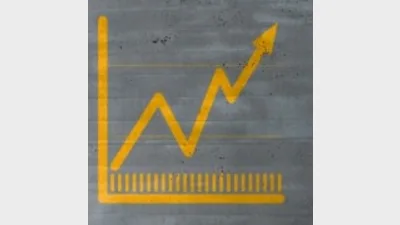Super funds aim to break 24-year record



Growth super funds (as defined by 61% to 80% in growth assets) are set to achieve the highest end of financial year return in 24 years, according to data from Chant West.
The median growth fund returned 1.1% in May, with a 15.7% return for the first 11 months of the financial year.
With markets up in June, it was expected the end financial year cumulative return would finish at around 17.5%
Mano Mohankumar, Chant West senior investment research manager, said that super fund members who held their nerve and remained patient through the COVID-19 crisis were rewarded with one of the strongest years in the compulsory super era.
“Should growth funds finish the year at or around the current level, it would represent the highest annual return in 24 years,” Mohankumar said.
“The last time we saw a higher annual result was all the way back in 1996/97 when growth funds returned 19.4%.”
Mohankumar said the past two financial years illustrated the strength and resilience of the leading super funds.
“Despite the massive hit that COVID-19 delivered to financial markets last year, the diversification built into growth funds enabled them to limit the damage, and the small loss of 0.6% for FY20 was far better than expected,” Mohankumar said.
“And this year, with a little over 50% allocated to listed shares, these funds have been able to capture a meaningful proportion of the upside as markets staged their remarkable recovery.
“The cumulative return since the COVID-19 low point at end-March last year is now about 25%, which is amazing given the chaos the world was thrown into by COVID-19.
“We’re now sitting about 10% above the pre-COVID crisis high that was reached at the end of January 2020.”
Traditional diversified fund performance to 31 May 2021
Source: Chant West
Recommended for you
The ATO has revealed nearly $19 billion in lost and unclaimed super, urging over 7 million Australians to reclaim their savings.
The industry super fund has launched a new digital experience designed to make retirement preparation simpler and more personalised for its members.
A hold in the cash rate during the upcoming November monetary policy meeting appears to now be a certainty off the back of skyrocketing inflation during the September quarter.
The peak superannuation body has announced the appointment of Peter Chun, CEO of UniSuper, to its board of directors.









